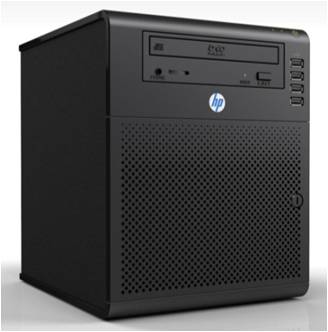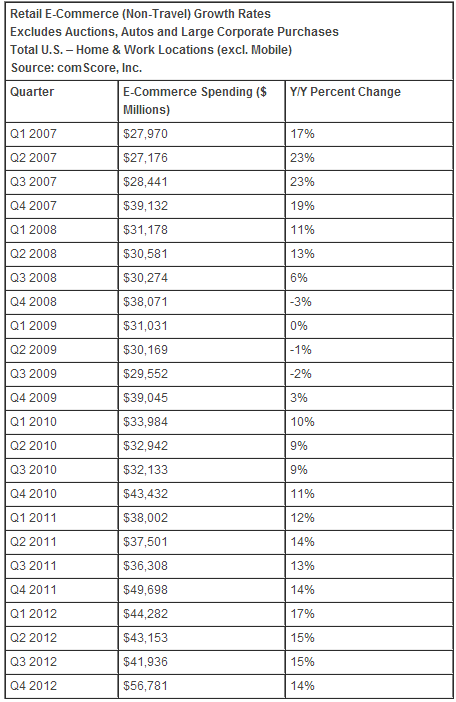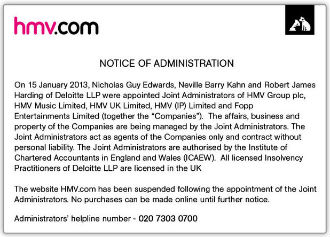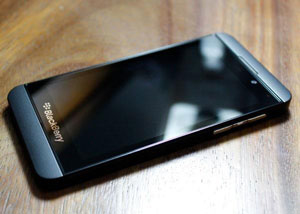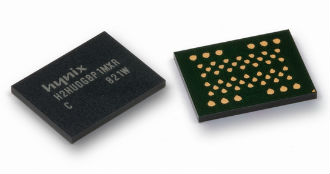 Global NAND memory revenue fell seven percent in 2012, on the back of lackluster Ultrabook sales.
Global NAND memory revenue fell seven percent in 2012, on the back of lackluster Ultrabook sales.
Although demand for smartphones remains strong, IHS iSuppli reports that NAND industry revenue fell to $19.7 billion last year, down from $21.2 billion in 2011. IHS expects revenue to rebound this year and reach $22.4 billion. Sales should continue expanding over the next few years.
Apple’s iPhone gobbled up 10.5 percent of all NAND shipments in 2012. An average iPhone shipped with 24.5GB of NAND, which means most consumers still opt for the entry level 16GB model. All other smartphones combined used 10.5 percent.
Although there was plenty of growth in mobile, IHS iSuppli concluded that Ultrabook demand failed to meet expectations. Ultrabooks have had some success penetrating the consumer market, but overall adoption remains underwhelming.
On the whole, NAND production slowed sown in mid 2012 in order to stabilise and reduce inventory. IHS iSuppli now says manufacturers need to tightly manage their supply in the first half of 2013, as the first six months of the year are seasonally a weak period for the industry.
An increasing number of vendors are focusing solely on internal storage and ditching microSD slots in tablets and smartphones. While this trend might be good for NAND demand in the short term, emerging technologies such as cloud storage coupled with 4G could pose a challenge down the road.





